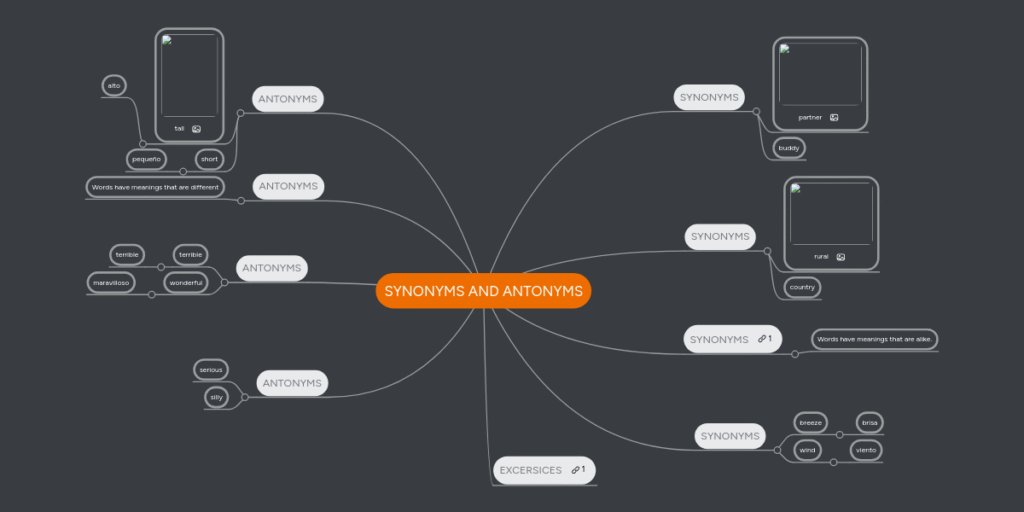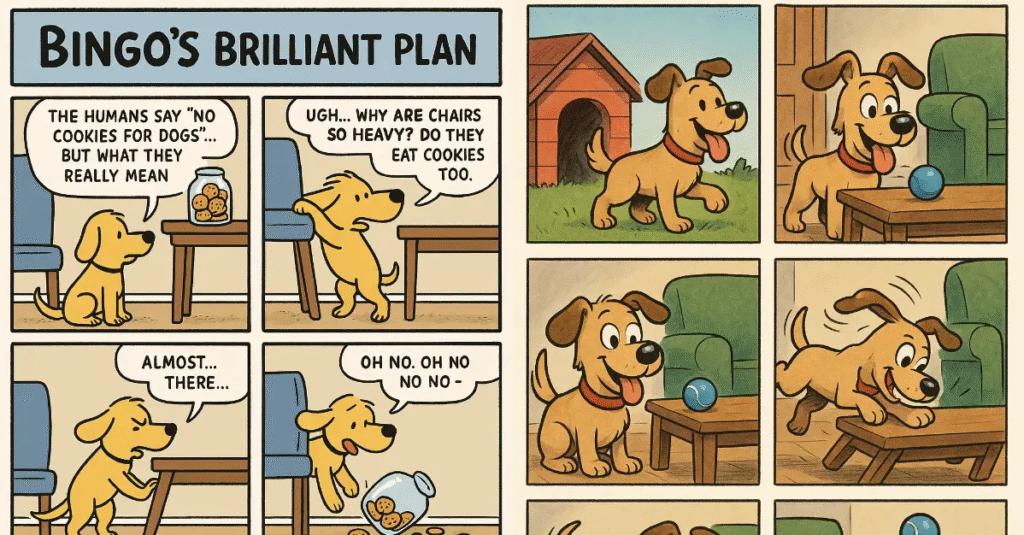1. What Does Pusillanimous Mean?
According to the Oxford English Dictionary:
“Showing a lack of courage or determination; timid.”
Britannica defines it as:
“Weak and afraid of danger; lacking courage or resolution.”
A user on Reddit aptly described it as:
“A ten-dollar word for cowardly.”
In essence, to be pusillanimous is to shy away from difficult situations due to fear or lack of will.
2. Etymology: Tracing the Origins
The word comes from the Latin pusillus (very small) + animus (spirit). Combined, they literally mean “small-minded” or “lacking spirit.” This makes pusillanimous a poetic way to describe someone who is faint-hearted or overly cautious.
3. Synonyms and Antonyms
Synonyms:
- Cowardly
- Timid
- Faint-hearted
- Craven
- Spineless
Antonyms:
- Brave
- Bold
- Courageous
- Dauntless
- Intrepid
4. Real-World Examples
- “The pusillanimous leader failed to act decisively during the crisis.”
- “She refused to be pusillanimous in the face of injustice.”
- “His pusillanimous nature made him avoid any kind of confrontation.”
5. Pusillanimous in Literature
Writers throughout history have used pusillanimous to characterize those lacking bravery or moral strength.
Literary Example:
“A pusillanimous creature, he avoided both conflict and resolution.” — Classic Victorian Novel
6. Pusillanimous in Politics and Society
In political discourse, pusillanimous is often used to criticize indecisiveness or moral weakness in leadership. It carries an intellectual weight that makes it ideal for op-eds and political critiques.
7. How to Use Pusillanimous Effectively
Do:
- Use in formal writing or rhetorical speech
- Pair with strong context to clarify meaning
Don’t:
- Overuse in casual conversation
- Use incorrectly (avoid implying physical weakness)
Tip: Pair with vivid scenarios to reinforce its meaning.
Pusillanimous in Film and TV
Screenwriters often craft characters with visible arcs from pusillanimity to courage, making for compelling storytelling.
Example Characters:
- Bilbo Baggins in The Hobbit starts off pusillanimous, afraid of adventures, yet transforms into a brave figure.
- George McFly in Back to the Future exhibits pusillanimous traits, especially when bullied, before ultimately standing up for himself.
These arcs resonate deeply because they reflect a universal human struggle—conquering fear to find inner strength.
Psychological Perspective on Pusillanimous Traits
From a psychological lens, people who demonstrate pusillanimous behavior may experience:
- Social Anxiety: Fear of embarrassment, leading to avoidance.
- Low Self-Efficacy: Belief that they are incapable of facing challenges.
- Trauma History: Past experiences that taught avoidance as a survival mechanism.
Recognizing these roots allows for more empathy and encourages mental health support instead of judgment.
Overcoming Pusillanimous Tendencies:
- Practicing assertiveness training.
- Setting small courage-based goals.
- Seeking professional therapy when necessary.
8. Cultural Perceptions and Misconceptions
While pusillanimous is a powerful descriptor, it can sometimes come off as pretentious. It’s best used sparingly and in settings where its nuanced meaning will be appreciated.
9. Translations in Other Languages
| Language | Word | Meaning |
|---|---|---|
| Spanish | Pusilánime | Lacking courage or determination |
| French | Pusillanime | Timid or faint-hearted |
| Hindi | डरपोक (Darpok) | Cowardly, afraid |
| German | Feige | Cowardly |
Real-Life Examples of Pusillanimous Behavior
While literature and politics offer grand illustrations, pusillanimous behavior shows up in everyday scenarios too. These examples can help readers relate the word to real-life situations.
Workplace:
- A manager avoids confronting a problematic employee and delegates the task to others.
- A team member consistently shies away from presenting ideas in meetings for fear of rejection.
Relationships:
- Someone who fails to express their true feelings, fearing conflict or disapproval.
- A partner who remains passive in unhealthy dynamics instead of asserting boundaries.
Social Settings:
- Avoiding new experiences or socializing due to imagined negative outcomes.
- Letting others take advantage because standing up feels too intimidating.
10. Final Thoughts
The word pusillanimous may not be used in everyday talk, but when chosen well, it can deliver a punch of meaning. Whether you’re writing an essay, delivering a speech, or crafting compelling content, knowing how to wield pusillanimous can set your language apart.
External Links
- Oxford English Dictionary – Pusillanimous
- Britannica – Pusillanimous
- Reddit Discussion – Pusillanimous
Visit our platforms:
🌐 Website: www.englishskillstudio.com
📘 Facebook: facebook.com/englishskillstudio
📸 Instagram: instagram.com/englishskillstudio
▶️ YouTube: youtube.com/@englishskillstudio



